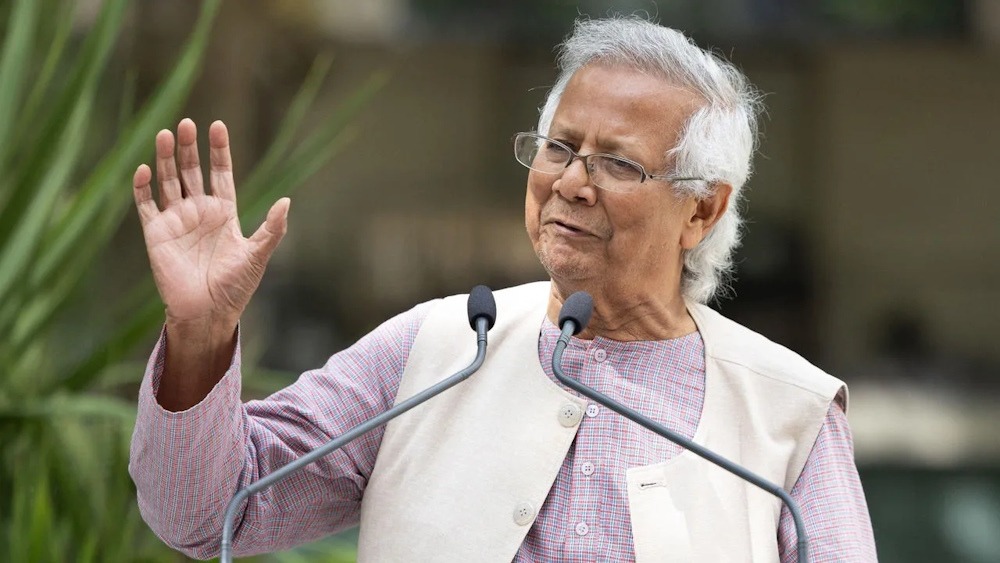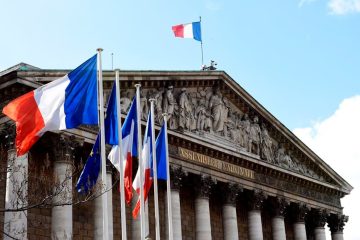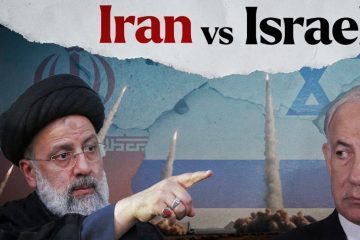Nobel Prize laureate Muhammad Yunus to become leader of Bangladesh

Nobel Prize laureate Muhammad Yunus has made a triumphant return to Bangladesh to assume a position of leadership. Upon his arrival in Bangladesh, Muhammad Yunus, the Nobel Peace Prize winner, assumed leadership in a country currently experiencing widespread protests and a violent response from security forces, resulting in the loss of numerous lives.
The 84-year-old will be inaugurated shortly as the head of an interim government, following the sudden conclusion of former Prime Minister Sheikh Hasina’s more than 15-year-long tenure. Yunus arrived at the Dhaka airport where he was warmly welcomed by Bangladesh’s Army Chief Gen. Waker-Uz-Zaman and other high-ranking military officials. He promptly engaged in discussions with the military leader and leaders of the student protests.
On Monday, Hasina made the decision to resign and leave the country following weeks of intense protests. The initial cause of the unrest was the government job recruitment process, but it quickly evolved into a larger movement against Hasina’s growing authoritarianism.
Upon arrival, Yunus commended the students for their successful uprising and for their dedication to safeguarding the country.
“This is a day of great satisfaction,” said Yunus. “Bangladesh is experiencing a significant transformation, symbolizing a new era of freedom.”
He also shared his sorrow regarding the tragic loss of one of the initial students who lost their life during the protests. The incident was recorded in a mobile phone video and has been widely watched across the nation. Thanks to the courageous actions of the student, Yunus remarked that the people of Bangladesh were inspired to take a stand.
Yunus urged the people of Bangladesh to remain composed and refrain from targeting individuals they perceive as enemies. “We are one family,” he stated. “If we work together, we have the potential to build a prosperous nation.”
Due to concerns about their personal safety, police have not been conducting regular patrols on the streets this week. Tragic clashes on Sunday claimed the lives of at least 85 individuals, including a number of officers. Over 300 lives have been tragically lost since the protests intensified in mid-July.
According to residents, the situation has calmed down in recent days, but there are still incidents of violence targeting supporters of Hasina’s ruling party. The army and student protest leaders have raised concerns about the safety of the country’s minority Hindus, who are perceived to have close ties to Hasina. There have been numerous attacks on the minority Hindu population, resulting in multiple fatalities, ever since Hasina’s departure.
Bangladesh’s recently appointed police chief, Mainul Islam, issued a strong call to police officers nationwide, urging them to promptly return to their duties and uphold discipline within the force. He also expressed regret for the excessive actions of the police and assured a thorough investigation into every death that occurred during the protests.
According to residents, there has been a noticeable increase in looting following Hasina’s resignation. Students from different universities in Dhaka, the capital, have stepped in to manage the flow of traffic as there have been no traffic police on duty for the past two days.
“We are doing it voluntarily so that the people don’t suffer,” said Redoan Ahammed Adil, a student at East West University in Dhaka.
Adil said students belonging to his school’s environmental and social club are taking turns directing cars in a nearby neighborhood. According to him, numerous students in the city have willingly taken up comparable positions.
On Tuesday an angry crowd showed up outside of offices of the Mohammadi Group, a Bangladeshi garment-making conglomerate, intent on vandalism. With police nowhere to be found, Rubana Huq, the group’s chairwoman, said dozens of her employees rushed from a nearby factory to confront the rioters.
The Mohammadi employees explained that while the office building was owned by a controversial political figure, Huq and her late husband were politically neutral and shouldn’t be targeted.
“All of them backed off,” she said of the rioters. “There’s revenge in the air, but there’s also sanity.”
Yunus, a widely respected economist who pioneered microcredit, or extending small loans to impoverished people, will have a monumental task ahead, analysts said. He will have to first restore normalcy and form a caretaker government that will satisfy the protesters, before eventually holding elections for a new government in challenging circumstances.
Under Hasina’s rule, the opposition was hollowed out as many political opponents faced arrests and legal proceedings. Meanwhile, many Bangladeshis hold resentment for members of the Awami League party, the ruling party under Hasina.
Party offices have been burned, including the head office in Dhaka by a mob, as well as a museum dedicated to Mujibur Rahman, Sheikh Hasina’s father and the leader of the country’s struggle for independence from Pakistan in 1971.
Many of the top party officials are trying to flee the country or in hiding.
Yunus’s appointment was decided on Tuesday in talks between the president, military chiefs and more than a dozen student protest leaders. He was the choice put forward by student leaders, who said they opposed a military-led interim government.










